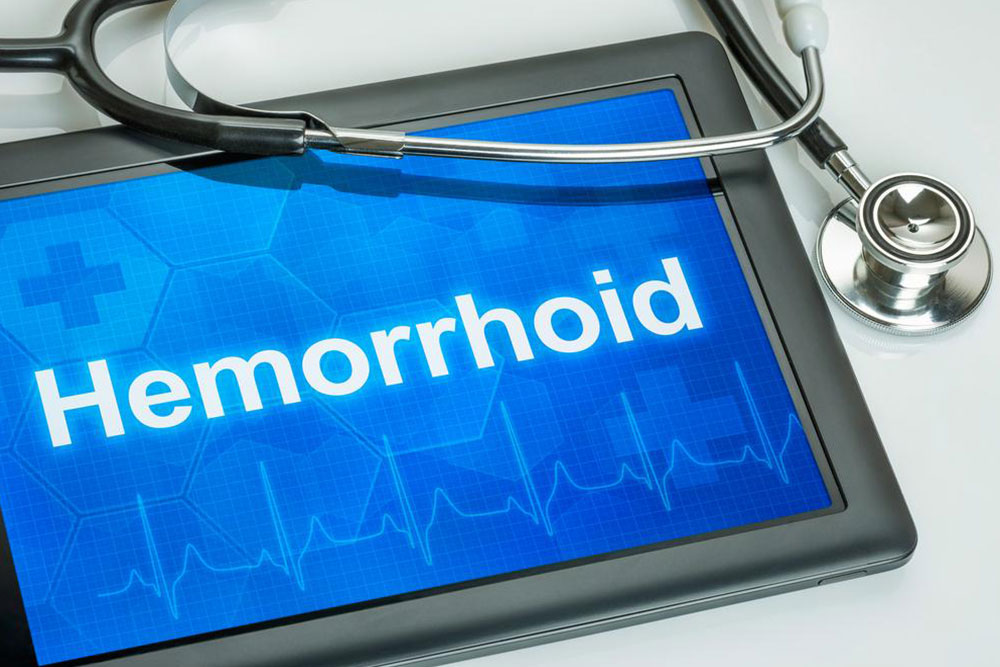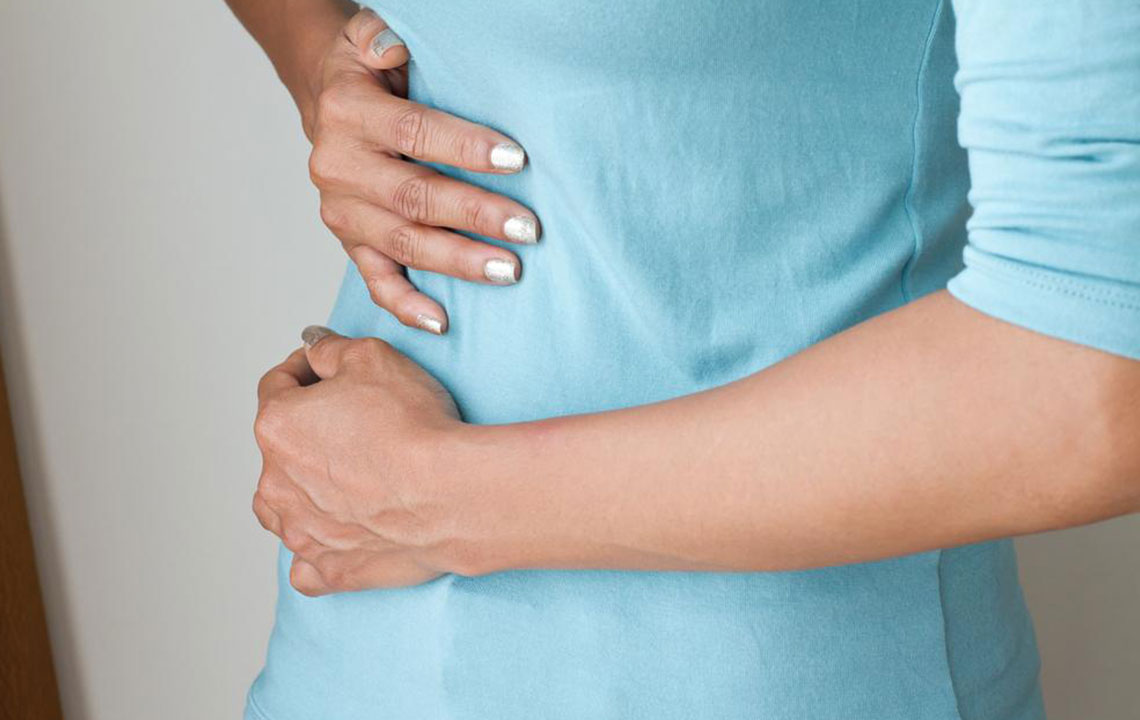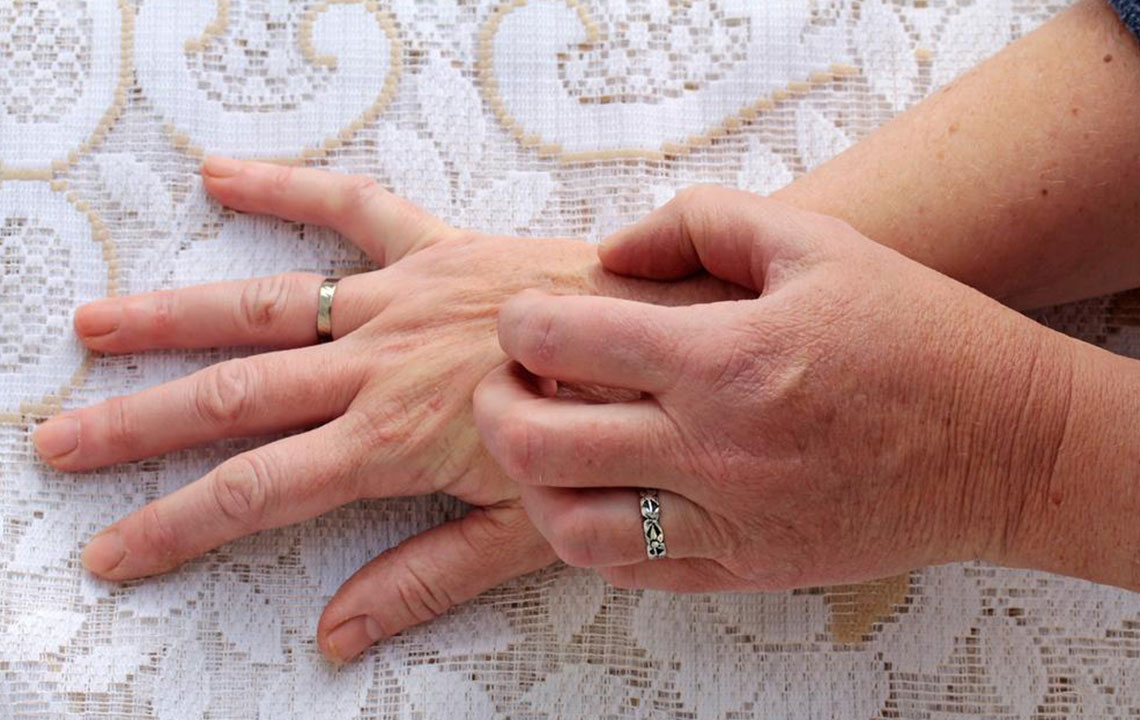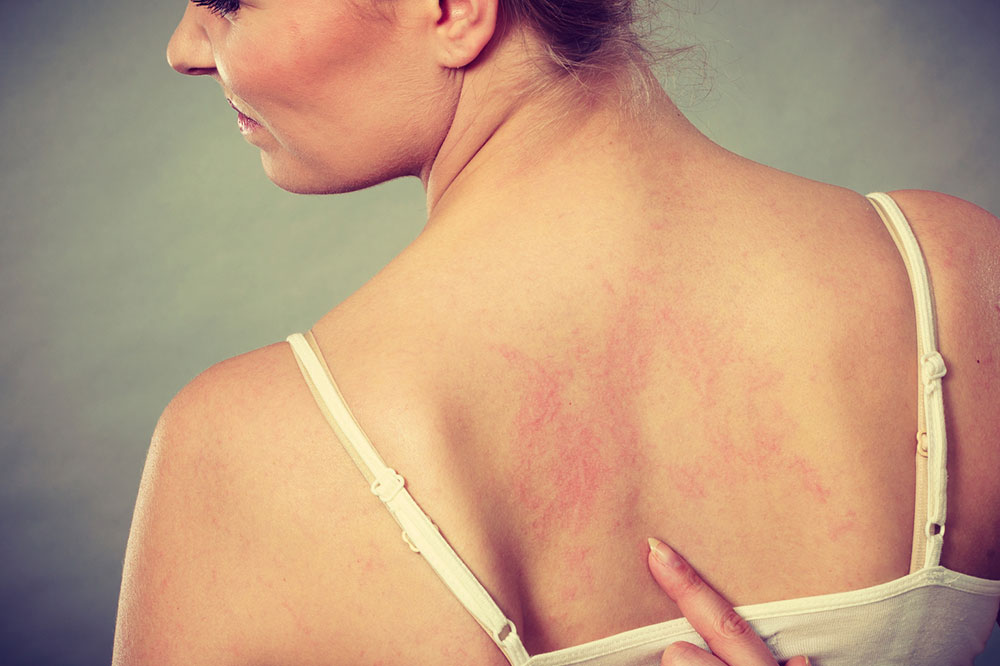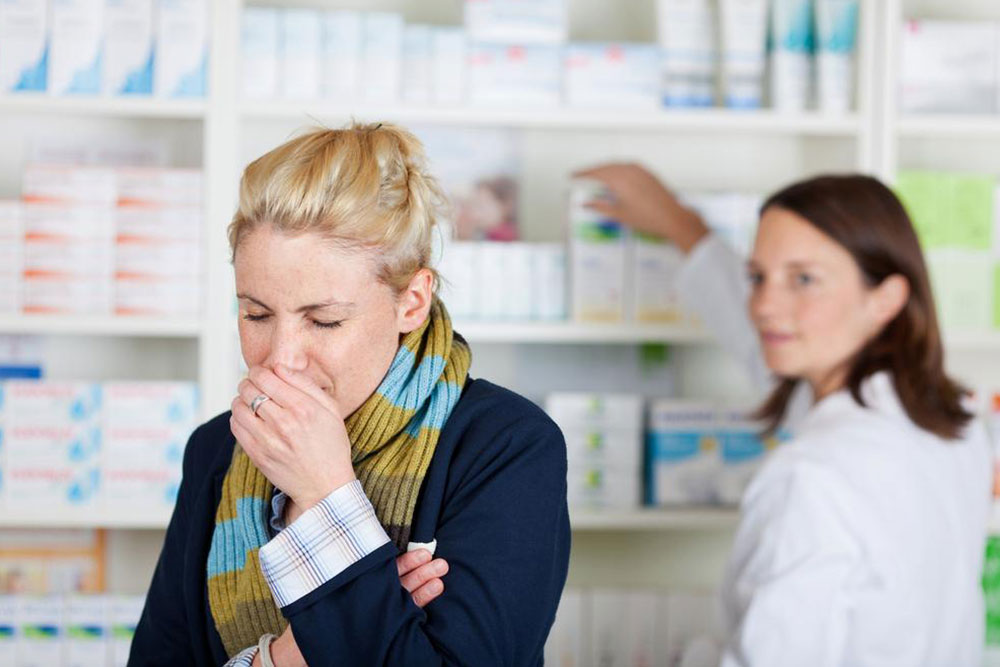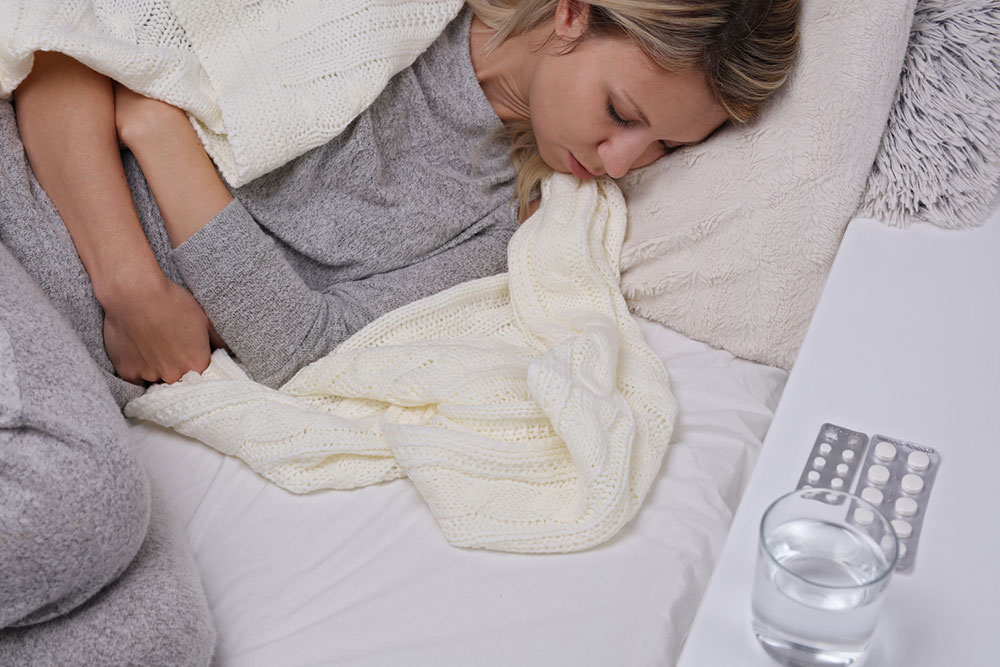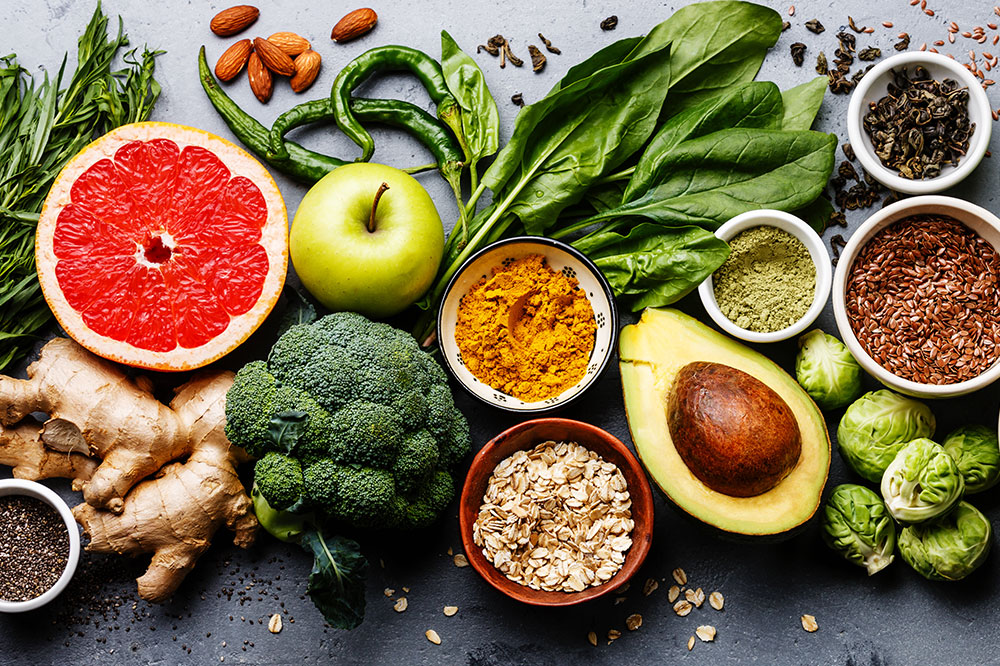Understanding Hemorrhoids: Causes, Symptoms, and Treatment Options
Hemorrhoids are swollen veins in the rectal area affecting many people. Common causes include pressure from straining, age, and diet. Symptoms include discomfort, bleeding, and swelling. Treatments like warm baths, natural oils, aloe vera, and cold compresses provide relief. Lifestyle changes such as a high-fiber diet and regular exercise can prevent recurrence. Seek medical advice if symptoms persist. Understanding causes and treatment options is key to managing hemorrhoids effectively and improving quality of life.
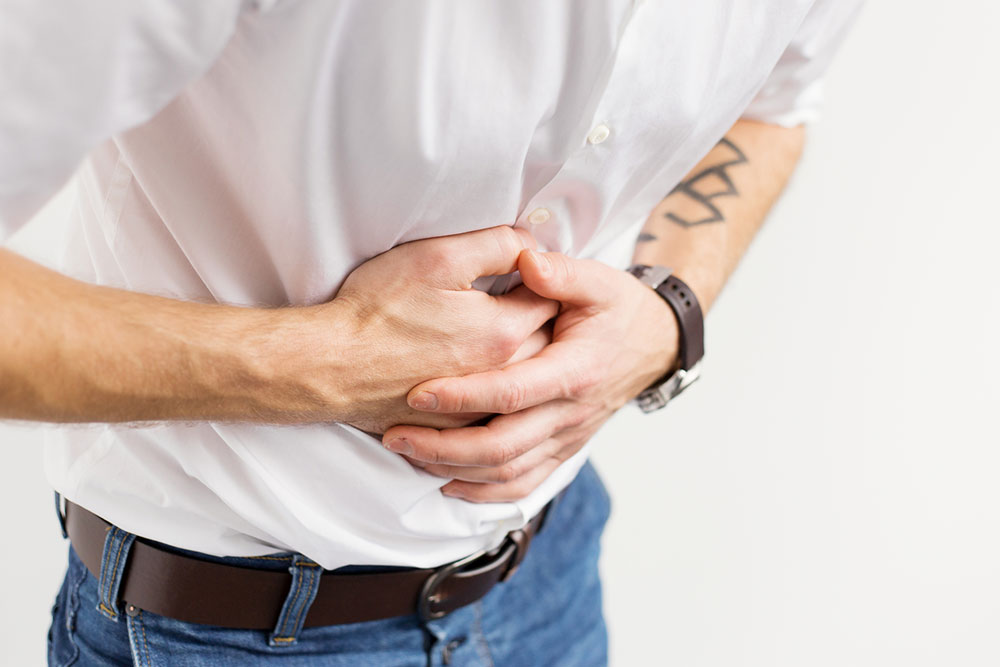
Understanding Hemorrhoids: Causes, Symptoms, and Treatment Options
Hemorrhoids are a prevalent condition affecting many individuals globally. About 75% of people experience hemorrhoids at some stage in their lives. The condition is non-lethal and can present with or without symptoms, which often include discomfort, bleeding, and itching. Also known as piles, hemorrhoids involve swollen veins in the lower rectum and anus. Common causes include increased pressure in these veins due to factors like straining during bowel movements.
Hemorrhoids develop beneath the skin around and inside the anus. While many causes exist, sometimes the origin is unknown. Seek medical advice if symptoms appear. Below are primary causes, symptoms, and treatments of hemorrhoids.
Major Causes of Hemorrhoids
Increased pressure in the rectal veins, due to factors like straining during bowel movements or prolonged sitting on the toilet, is a leading cause. Age-related vein weakening and stretching also contribute. Other causes include chronic constipation or diarrhea, obesity, pregnancy, a low-fiber diet, and anal intercourse.
Symptoms typically include:
Discomfort or pain near the anus
Swelling in the anal area
Itching, irritation, or bleeding
A lump around the anus, which may be harmless
Various treatment methods can alleviate symptoms and promote healing. Home remedies and over-the-counter medications are common options. Here are some effective approaches:
Warm Baths: Soaking in warm water can reduce swelling and soothe irritation. Enhancing the bath with ingredients like apple cider vinegar or Epsom salts can provide additional relief. Applying apple cider vinegar directly may also help.
Coconut Oil: Known for its anti-inflammatory properties, coconut oil helps reduce swelling and itching while moisturizing the affected area.
Aloe Vera: Its healing and anti-inflammatory qualities assist in alleviating burning, swelling, and itching. Use pure Aloe Vera to ensure safety.
Ice Packs: Applying cold packs can decrease swelling and numb pain. Use for 15 minutes at a time, hourly, for effective relief.
As we age, veins in the rectum weaken and stretch, increasing hemorrhoid risk. Additional factors include a low-fiber diet, obesity, prolonged sitting, constipation, or anal intercourse. A healthy lifestyle involving high-fiber foods like grains, fruits, and vegetables, quitting smoking, and moderate alcohol consumption can prevent or reduce severity. Implement these treatments and lifestyle changes to manage and improve hemorrhoid symptoms effectively.

